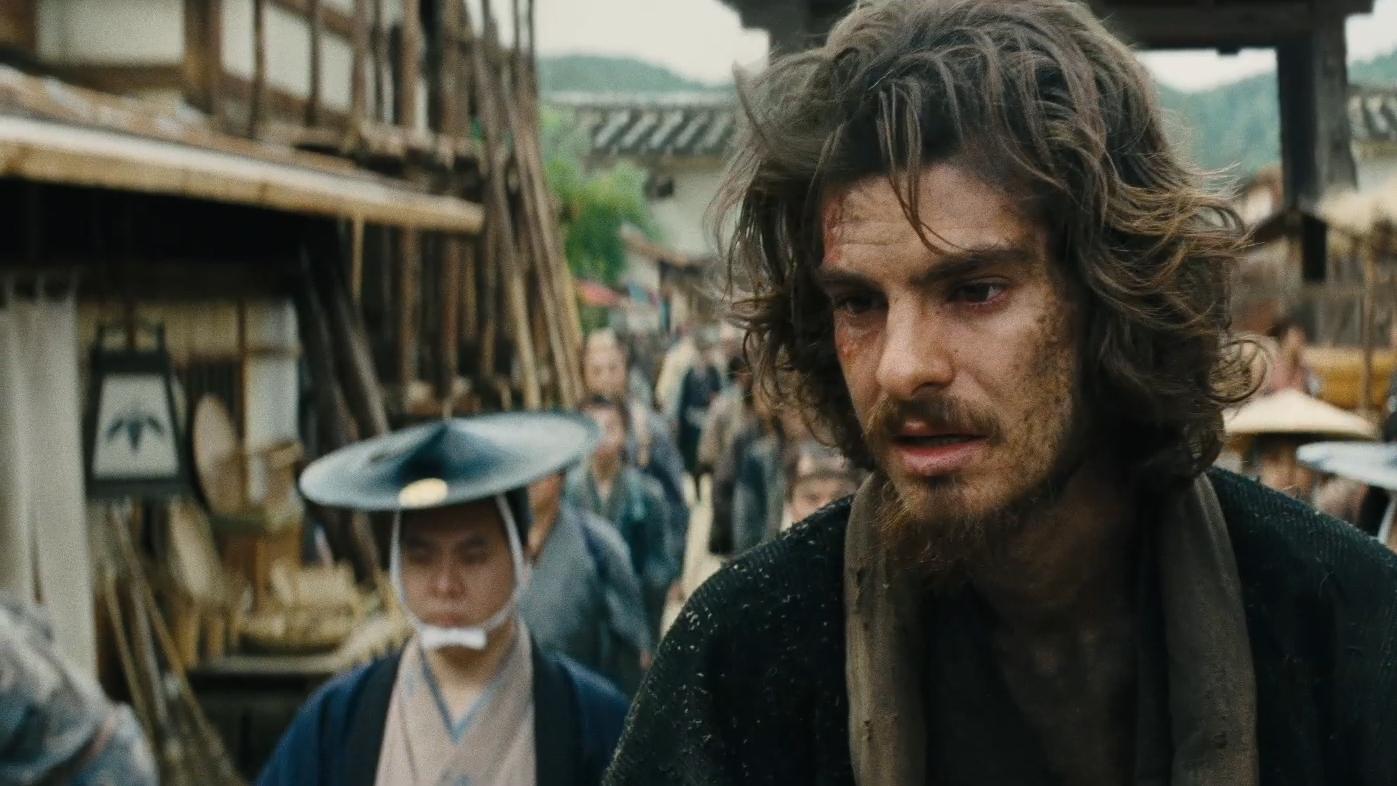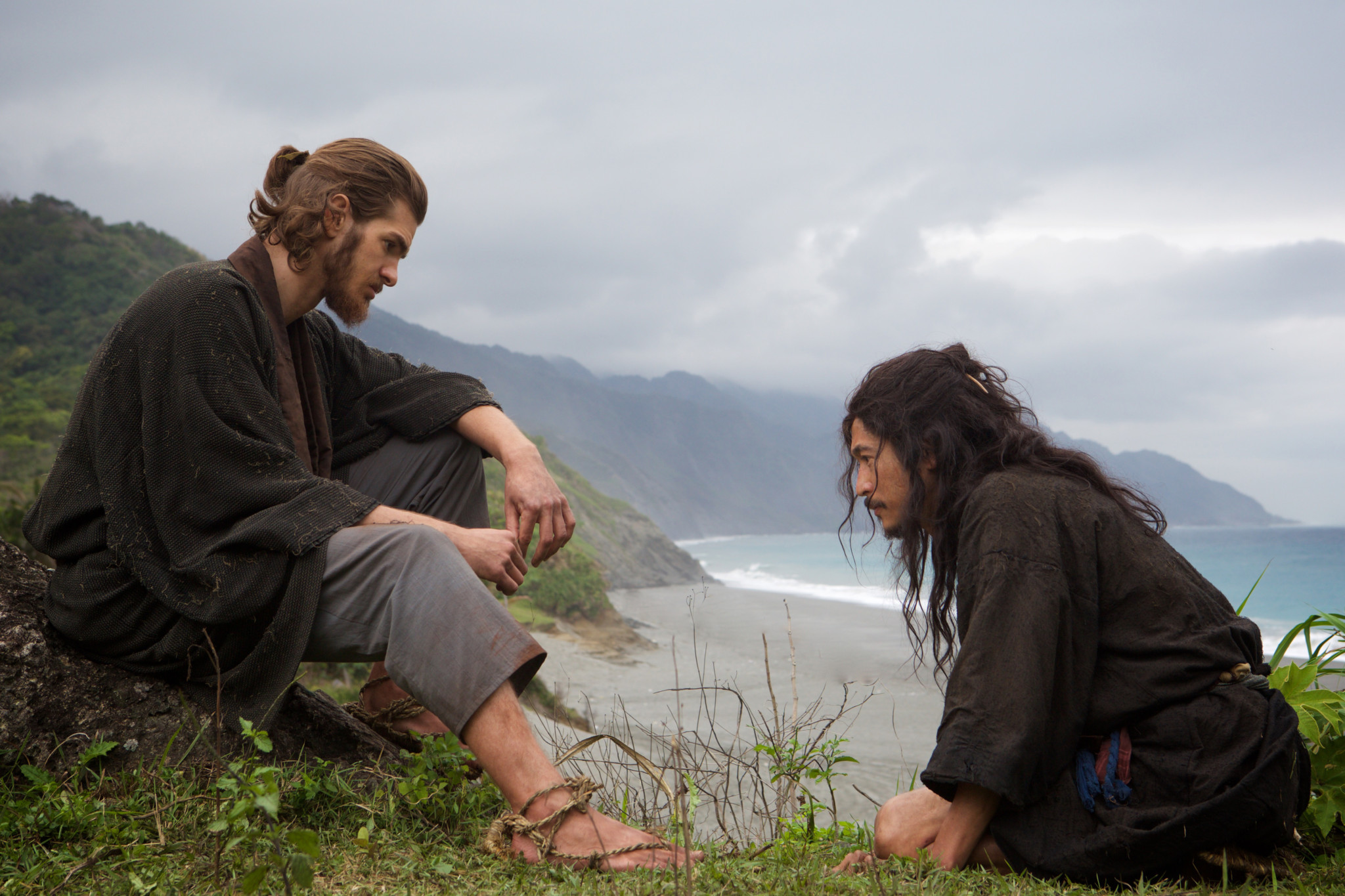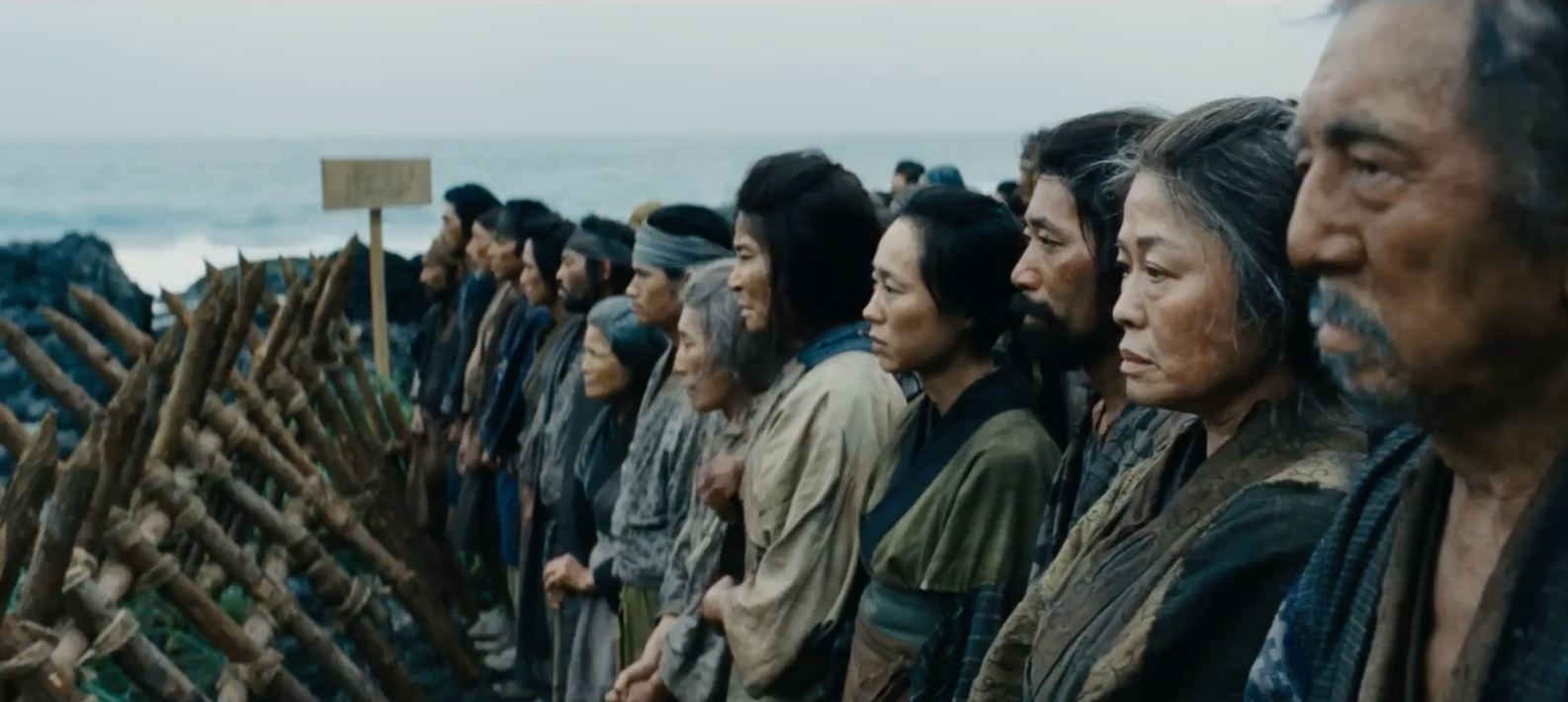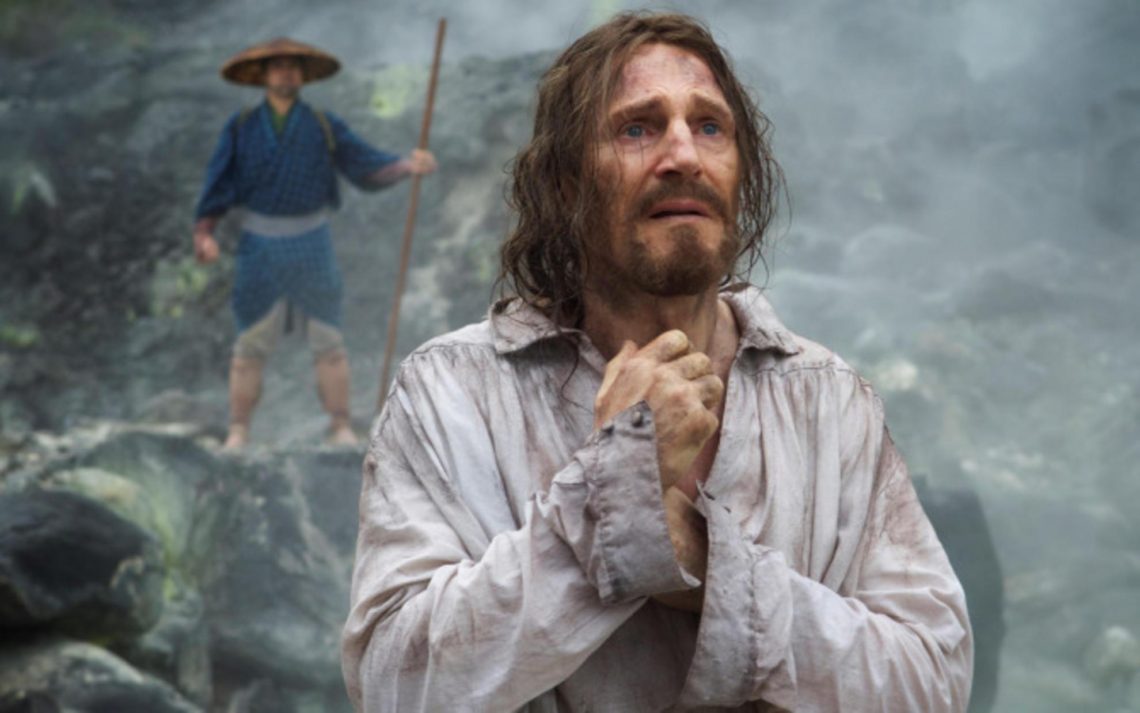“I want him to understand his heritage. I want him to understand where he came from, and I want him to get the choice to learn more about that if he wants.” This was my wife, talking to me as we drove to her parents’ house one day in early December; our two-year-old son (the “him” to whom she was referring) was in the convertible car seat in the back of our SUV. Our son’s heritage is also part of my own heritage: He’s Jewish. Technically, he’s three-quarters Jewish, as I’m the son of a Jewish man and a Catholic woman. But he’s going to be raised Jewish, a decision made primarily by my wife that I’ve always grappled with slightly. At this moment of the conversation, I was embracing my inner cheapskate: My wife’s comments were inspired by my learning (or realizing for the first time) that to join a synagogue, or arguably most religious institutions, we would have to pay an annual membership fee.
I was, and remain, wary of that knowledge; again, part of it is that I’m a cheapskate, but part of it is about my confusion about why you would need to pay money to attend weekly religious services when it’s likely that the majority of religious texts that are used as the foundation of those services are available to read free of charge either online or via my local library. My wife, evidenced by that earlier quote, shrugged it off; it matters more to her that our son get raised in the Jewish faith to the point of being bar mitzvahed at age 13. It’s what she went through, what her siblings went through, and what her parents went through. Even more, instead of treating it as some kind of unavoidable slog, she sees it as an inherently valuable part of her childhood. I can acknowledge, too, that our Jewish upbringings are valuable for other reasons: The two of us met as counselors at a summer camp at a Jewish community center, where we might not have worked had we not had religious roots buried deep.
I’m half-Jewish, but I didn’t get bar mitzvahed. I didn’t get confirmed or baptized, either. My father was bar mitzvahed, and my mother went to Catholic school for her entire childhood. But by the time I was brought into the world, they’d separately left religion behind. So while I have been to church and synagogue, it’s mostly because of attending others’ events: a cousin’s communion, an uncle’s wedding, a baby’s baptism, etc. I have never been terribly curious about religion, often adopting a sense of skepticism towards the various holy books and messages. I have slightly more of an affinity for Judaism, in part because of growing up in a small western New York town where its existence was uncommon at best, and treated as alien at worst.
When my wife emphasized her desire for our son to learn his heritage, and to embrace it as a child, I couldn’t argue the point. At a time like this, differences over money seem trivial at best. We are now living in a world where a) a racist, sexist, bigoted, anti-Semitic monster was chosen by millions of Americans to run the country, b) that monster chooses as his chief strategist an avowed white supremacist, and c) people are just, y’know, OK with that combination of facts (along with the many other countless facts that ought to have disqualified said monster from holding any political office). I do not imagine that my son going through Hebrew school and getting bar mitzvahed in just over a decade will have a massive impact on society, but that small act can still mean a great deal in a world dominated by religious persecution rather than religious inclusion.

These thoughts, and more, raced through my mind as I returned to my preferred altar of cinema recently to watch Martin Scorsese’s latest film, Silence. I would like to tell you, of course, that this film was able to envelop and immerse me in its environment, to let my mind shut out the troubles of the real world for 160 minutes. If anything, in this moment of America embracing its darker side and ignoring the principles of democracy, escapist fare like the upbeat and ebullient La La Land—movies that allow us to try to forget about the real world—are arguably not just welcome, but more necessary than ever. But Silence, for its many achievements (and there are many), is not escapist fare, and though it’s set nearly 400 years in the past, a disturbing amount of its content feels painfully apt to the modern moment.
It took 25 years for Scorsese to bring Silence, an adaptation of the Shūsaku Endō novel, to the big screen; of all filmmakers to have such an arduous journey to bringing a passion project to life, it’s somewhat shocking to consider Scorsese being dealt setback after setback. Yet watching Silence is equivalent to watching a miracle be pulled off in real time. The notion that a major studio (Paramount Pictures) green-lit a $50 million epic set in 1600s-era Japan about the complexities and challenges of being guided by faith is itself jaw-dropping, leaving aside the overall impact of the film itself. There are A-list actors driving the story—Andrew Garfield and Adam Driver play Jesuit missionaries from Portugal, and Liam Neeson is their fallen mentor and confessor whose whereabouts in Japan is the mystery that sets the younger men on a journey to the foreign land—but there’s very little doubt that Silence wouldn’t have existed if Scorsese’s passion wasn’t so deep and forceful.
Watching Silence as an agnostic (I may not be passionate about religion, but I’m not so fervently against the concept of a higher power to consider myself an atheist) was overwhelming. Scorsese, of course, has spent decades confronting his religious upbringing while still embracing it; there are obvious examples like The Last Temptation of Christ (1988), but everything from Mean Streets (1973) to The Wolf of Wall Street (2013) features evidence of his Catholic faith. (In Mean Streets, Harvey Keitel’s lead character goes to church, makes his confessions, but doubts whether a priest proscribing a Hail Mary impacts his life or his soul; The Wolf of Wall Street, conversely, is about a character who wallows in excess before being forced to suffer in a way that will eventually lead to his redemption of sorts, selling his way of life to wide-eyed followers.) Even going into it knowing Scorsese’s preceding filmography and the premise of this new film, though, I was still taken aback, laid low by the intensity and emotional force of this story, and how its faith-driven protagonist, as well as other characters, could just as easily be asking questions in 2016 as in the 17th century.

“Where is the place for a weak man in a world like this?” This question is posed to Garfield’s Father Sebastião Rodrigues by Kichijiro (Yōsuke Kubozuka, especially excellent), one of many thousands of Japanese men and women who suffered in the era of Kakure Kirishitan (or “hidden Christians”). Kichijiro is introduced half-drunk in a bar as the man who can bring Rodrigues and his cohort Garrupe (Driver) to Japan to find Father Ferreira (Neeson); he, like Ferreira, has committed the act of apostasy under duress and threat of torture and death by the Japanese government, in the form of the fey Inquisitor (Issei Ogata). Kichijiro has responded to his crisis of faith in a much different way than the other hidden Christians Rodrigues encounters in his travels to Japan; unlike many others who are forced to commit apostasy, renouncing their Christianity publicly by trampling on an image of Christ carved onto a block of wood, Kichijiro does it almost instantly (and multiple times throughout the story). He is just as instantly overcome with guilt, not only at what this signifies about his faith but at how the simple action of stepping on a piece of wood has the ripple effect of saving his life at the expense of others whose piety forces them to stay still.
It was not hard for me to make parallels between the struggle at the heart of Silence and the struggles people still suffer through in the 21st century. Christianity, of course, is in no danger of persecution (no matter how loudly people shout about the so-called “war” on the most popular holiday in the Western world), but the notion of hundreds of thousands of people being viciously attacked for believing in a different set of religious ideals than those of the men in power is only unfamiliar if you put your head in the sand and don’t pay attention to the hateful treatment of Jewish people, Muslims, and more across the world. Intellectual, real-world connections aside, I was overwhelmed emotionally by the journey that Rodrigues takes in Silence, constantly arguing with his Lord, or perhaps just with himself, about the purpose of his faith. The title of the film refers directly to the lack of response, or perceived lack of response, from God to the terrors being wrought upon the kind and gentle Japanese citizens whose sole act of daring is to believe in a deity aside from Buddha. What does it mean that God stays silent as men and women are tortured in full view for holding these beliefs? There may be a grander purpose to life than day-to-day toil, but for Rodrigues, it becomes more difficult to make clear that purpose as he watches innocents die at the hands of the powerful. Moreover, Rodrigues begins asking a more direct and necessary question: What does it mean that not only God stays silent, but that these innocent people refuse to renounce Him while Rodrigues himself stands by idly watching this torture?
Martin Scorsese is unabashedly a filmmaker guided by his religion, but what makes him admirable (at least to an agnostic) is that being guided by his religion doesn’t mean he’s unwavering in his beliefs. The confusion and existential dread at the heart of Rodrigues’ journey—Is his belief system pointless? Does that make his entire life pointless?—makes more sense to me as opposed to blind, unshakable faith. The question at the core of that confusion transcends religion of any kind and is no less important to ask: What is the point of being on Earth at this fixed point in time? Kichijiro, at one point sharing a bamboo-lined cell with Rodrigues, wonders aloud why he was born at the time he was, as opposed to the period when Christianity flourished in Japan without fear of capture or torture. Kichijiro is dubbed early on as a wretch, one of the more pitiful of God’s creatures, but as the story unfolds and Rodrigues’ surety crumbles, it’s as if Kichijiro and Rodrigues are cut from the same cloth, questioning their existence in such a way that pushes them to the brink of insanity.
The debate of faith—whether or not it is valuable—seems especially necessary from an intellectual standpoint now. This is a trying period of the American experiment (potentially its dismaying conclusion), one that may lead a person to wonder if there is indeed a higher power looking over the denizens of this planet as we send ourselves to ruin. I understand, certainly now, why someone would want to believe in a deity, whether it’s the Christian God, Buddha, Yahweh, etc. There may be some mild comfort in the notion that there is a higher power over all, that a paradise awaits those who are pious. Rodrigues’ own faith begins to crack when he is captured by the Japanese and sits next to a quintet of hidden Christians, who react as if blessed at the presence of a genuine European padre and ask him to confirm that all of the expected torture they will suffer at the hands of their cruel handlers will still lead them to “Paraiso,” or Paradise. Having previously seen other hidden Christians sacrifice themselves for him and for Him—such as a trio of Japanese men who are essentially crucified in front of unforgiving waves of the ocean beating down upon them—Rodrigues first gives into his fear, hissing at these new hidden Christians, berating them for not being visibly scared at their certain deaths. At the invocation of “Paraiso,” he relents, and acknowledges that paradise awaits, but does so in a perfunctory manner. Moments like this feel like Scorsese’s own internal argument on the nature of faith being fully realized.

By the end of Silence, Rodrigues comes face to face with Ferreira, who presents himself as a drastically changed man: He’s not only renounced the Christian faith, but now has a Japanese name and wife, and practices Buddhism. (This goes along with how Ferreira is initially presented as being as sweaty, desperate, and haggard as Rodrigues looks by the climax, when his mentor now is clean-shaven, cool, and seemingly collected.) There, too, the debate is verbalized; Ferreira argues that apostatizing is a greater proof of devotion than refusal, that Rodrigues watching other people suffer instead of trample the figure of Christ is a kind of egotistical act. “They suffer for you,” Ferreira says, not God, in part because Rodrigues represents a lost religion. There are so many struggles depicted in this film: the struggle of what it means to commit apostasy, and whether or not saying you renounce your faith is actually the same as doing it in practice; the struggle of whether faith is enough when your deity seems absent in your darkest moments; the struggle of rebelling against an authoritarian state that rejects your belief system because it scares them.
I don’t know what it will be like for anyone who attends church or synagogue or a mosque or any other house of worship to watch this movie. I can only attest that, for someone who hasn’t felt the urge to let religion into his life at any point, the experience of Silence is tremendously powerful; many of Scorsese’s films are, of course, but this film is potent in unique ways. The handling of the physical and spiritual violence of the film—the latter primarily represented on Andrew Garfield’s progressively more haunted, gaunt face—is careful and cautious. (This is a massive leap forward for the already talented Garfield, whose commitment and dedication to the part of Rodrigues is key to the entire film; he’s the only recognizable actor in the film for long stretches, and carries it as much as Scorsese, his longtime editor Thelma Schoonmaker, and cinematographer Rodrigo Prieto do.) The mix of beautiful travelogue photography and cruel, inhumane suffering at the hands of a totalitarian empire make for a discomfiting blend, too. I imagine there will be some commentary surrounding the film’s 160-minute length, especially as its third act shifts in narrative voice, if not tone. But as Roger Ebert’s famous adage goes: No good movie is too long, and no bad movie is short enough. In the case of Silence—which, it should be noted, is 19 minutes shorter than the more raucous and faster-paced The Wolf of Wall Street—the feeling of it being long is vital. The journey for a man whose life is rooted in religious belief, from true believer to doubter to a more nuanced version of the same believer, should feel all-encompassing. It does here. Silence is, in truth, less about declaring your faith than it is about delving into what faith is about, how it defines and can ruin or lift up a person, and how it endures even in our darkest moments.
A few days from when I write these words, I’ll be celebrating Hanukkah with my wife, our son, and her family, some of whom are visiting from out of town. Few of us are frequently practicing Jews—to my knowledge, none of them attend synagogue weekly, though my brother- and sister-in-law send their children to Hebrew school every weekend. But this year, for obvious personal and political reasons, I’ll be more cognizant of the foundation of my family’s faith. I don’t think of myself as having been dishonest or dismissive of faith before now, and I’m not suggesting that Silence has turned me into a true believer. (I’m not quite sure any single movie has that kind of power.) It’s more accurate to say that I saw Silence at the appropriate time to appreciate its message and tone and execution. Its commentary is directly focused on Christianity, but I found it profound in ways that transcend a single religion, honest in ways that are directly necessary to the modern moment, and haunting in ways I haven’t begun to shake.


















One thought on “An Overwhelming “Silence””
There are plenty of synagogues that don’t charge for membership, though I can’t speak to what you will find in Arizona. Certainly in NYC, there is a breed of synagogue/temple that wants to connect with the unaffiliated and does not ask for money. And I think there are places like my synagogue where you can be accepted as part of the congregation without being a paid member (though you sacrifice some rights).